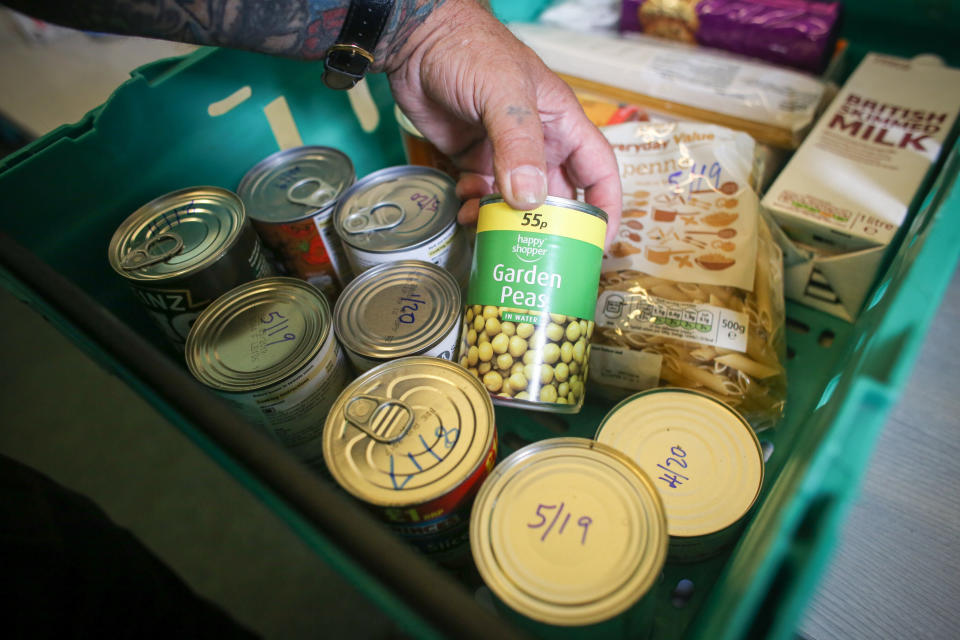Brits are less likely to escape poverty than at any time since the crash

British people are less likely to escape poverty than at any time since the depths of the financial crisis in 2008, according to new figures.
The study, by the Office for National Statistics (ONS), also shows one in six people in modern Britain is living in poverty.
More than one in three people in Britain could not cope financially with unexpected expenses in 2017, the latest year with available figures. One in five cannot afford a one-week holiday a year.
Poverty levels in Britain are the 12th highest of the 28 countries that make up the EU. At 17%, they were found to be similar to poverty rates in Malta and Portugal.
An estimated 2.4 million people were struggling on the breadline despite being in work in 2017, according to the research.
The research shines a light not just on deprivation, but also on the chances of people being trapped on low incomes from year to year.
It shows the number of people escaping poverty has been dropping since 2014, and is now at its lowest rate since 2008.
READ MORE: Drop in millennials moving to new areas to find work
“People experiencing relative low incomes are less likely to exit poverty than they were for most of the previous decade,” as the ONS puts it.
Almost half of Brits whose circumstances improved enough to no longer be classed as poor were still in the same jobs and same hours, but had received pay rises.
Increases to the legal minimum wage by the UK government may have had an impact. But severe cutbacks to benefits received by poorer households and to a wide range of public services over the past decade could also be why more households are trapped in poverty.
Foodbanks giving out free food to those in need have boomed in recent years, with donation points becoming a regular sight in UK supermarkets.
An estimated 2.4 million working people were in poverty in 2017, of which 31% also experienced in-work poverty in 2016. 44% of those who exited in-work poverty kept the same job and number of hours, but increased their hourly pay https://t.co/J7UrZvtSwy pic.twitter.com/KoWrk7BwkP
— ONS (@ONS) June 6, 2019

 Yahoo Finance
Yahoo Finance 